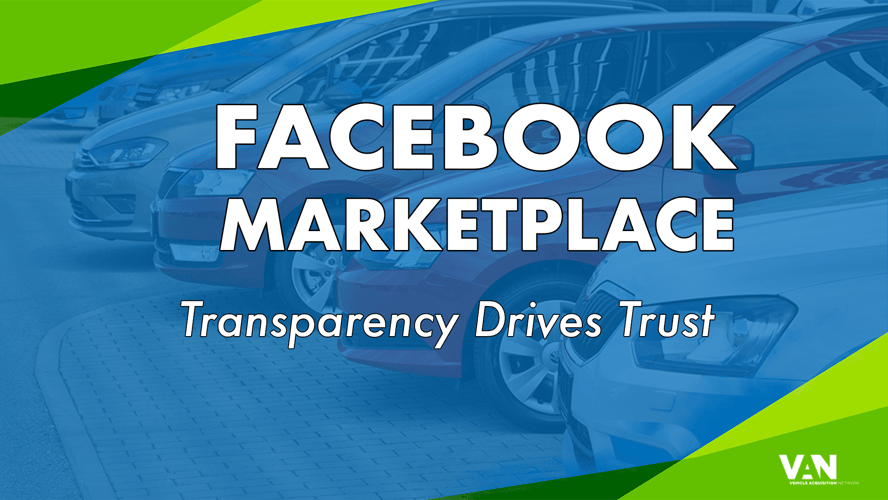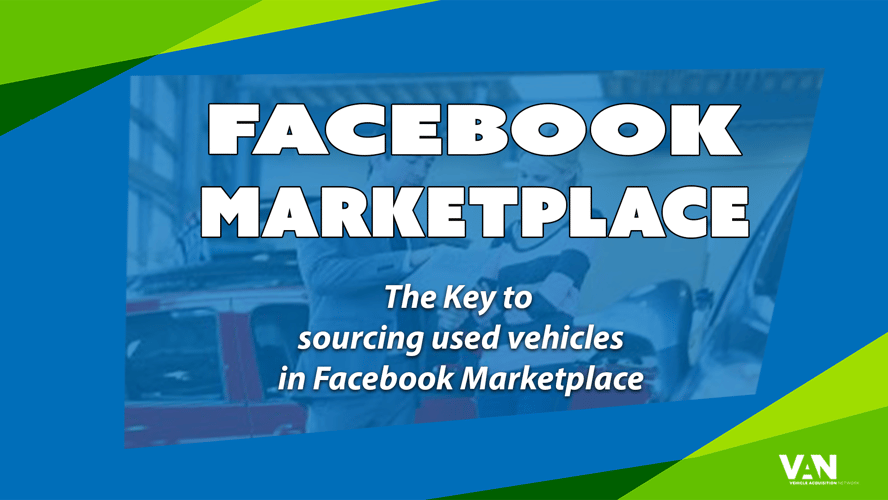
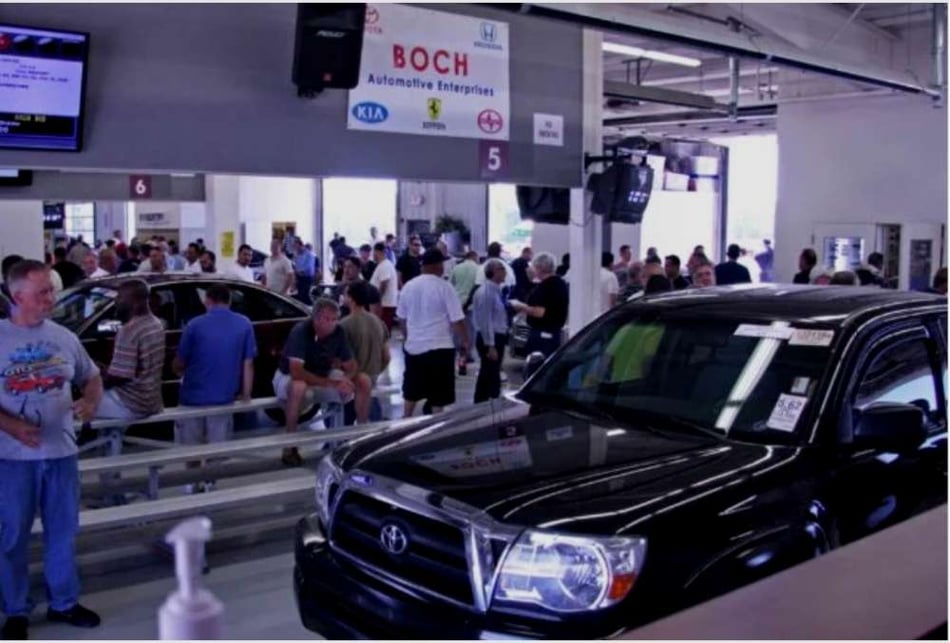
A recent article from Automotive News, "Disruptions shift focus away from auctions" piqued our interest over here at Vehicle Acquisition Network and we sought out VAN's COO Mark Curcio for his take on this timely piece.
The article suggests that the automotive industry is shifting its focus away from auctions and toward other platforms for sales. As a result of these changes, dealers are turning to other channels to find inventory, including private-party sales, peer-to-peer, and online marketplaces.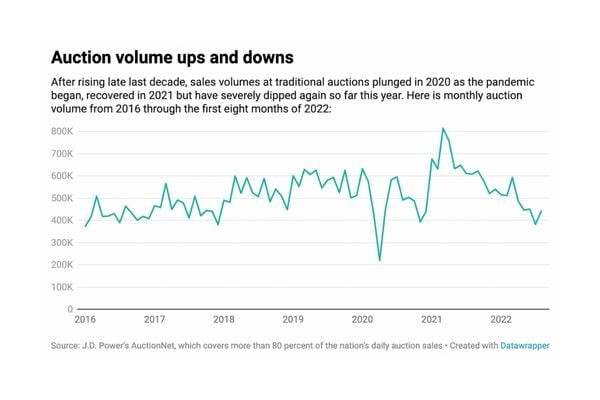
Mark, what is your advice for dealers when acquiring used cars from the street?
I would take a long-term view as a dealer. I think it's important when setting up a Buy Center or an acquisition strategy that we look at all of the alternative sourcing strategies that we can consolidate into one profit center. Taking the long-term view and setting up the Buy Center properly will pay off much more than just trying to get in it for a month or acquiring a few vehicles. We know that alternative sourcing channels are becoming more and more popular versus auctions, which is part of why we're talking about this article today.
The article also shared that Michigan-based LaFontaine Auto Group has reduced the number of cars they get from auctions by creating a buying center. In the past, they acquired 40% of their vehicles from the auction, which is now less than 10% due to their success in creating a buying centre in 2021.
What processes should automotive dealers have to ensure they have a thriving buying centre like LaFontaine Auto Group?
LaFontaine is one of the leaders in private party acquisition, specifically within buy centers. Having some experience with the LaFontaine Auto Group, we know they excel at providing all customers and sellers with a premium experience as they're treated with dignity and respect and entreated well throughout the process. The second part I am aware of is they continue to provide transparency to sellers, this includes mobile appraisals, so when their team provides offers, they're very upfront with their pricing and don't make commitments they can't keep. So I think those are two vital points for success and advice.
NAAA President Garrison Hudkins shared with Automotive News that dealers will continue to rely on the auctions for used vehicles due to the efficiencies that the auctions provide when acquiring cars."It’s clear that the Lafontaine Buy Centre Director David Simmons and his team follow a solid documented process all while maintaining a positive team culture. This culture is constantly emitted in the overall customer experience that each member individually provides, and is undoubtedly the foundation of their team's success each and every month." -Emily Gehrke, Lafontaine's Performance Manager for VAN
What's your take on Hudkin's idea that dealers will continue to rely on auctions based on efficiencies of the auction to acquire inventory?
I agree with Hudkin's idea that auctions will continue to strive to provide services to dealers, specifically in the area of auction lanes. I think there will always be a need for auctions. I do not believe that private-party acquisition will ever supplant that. If for no other reason than large fleets and rental car companies, and of course, retail dealerships need to wholesale vehicles at volume. So I think it's still an essential component of the sourcing chain. But I also know that more uncommon cars that may be available in your market from consumers that you may have never even met yet exist, and those opportunities should definitely be leveraged.
As the market shifts, Mark, what advice can you share with dealers so that they can thrive and adapt during this changing season?
As we discussed earlier, adopting a profit center mentality to your sourcing strategy is imperative. So often, we'll have a need and make a run at acquiring ten or twelve vehicles in one hit or maybe run a service campaign. But by taking a long-term view and creating a vehicle exchange department like many Toyota OEM dealers have or through a Buy Center approach, you can consolidate your equity offers, your service drive approaches, and contact consumers in your market. I think that will give you valuable long-term service for your customers; you can become an advocate in your market rather than just having a quick hit. We like to use Moneyball as an analogy to the movie and book that showcases Billy Beane using statistics and Major League Baseball here in the States. They determined that they had a limited salary cap during his time with the Oakland A's. So they had to find players that were great at hitting singles and doubles, rather than home runs and grand slams, which those players, of course, had much higher salary requirements. Statistically, they found that making hits as singles and doubles eventually got them as far as hitting those grand slams at home runs over the season. And I would adopt that same mentality for a Buy Center.
Mark Curcio started with VAN in 2017 as the Director of Learning and Development, where he developed training for proactively engaging private party sellers through the utilization of the VAN software system. He quickly moved into his next role as Director of Operations and led dealership onboarding and training activities in North America. He was named Chief Operating Officer earlier this year. In addition to his previous roles within VAN, Curcio brings over 25 years of experience building and scaling companies, including Ford, Navistar, BMW, and MSX international.
